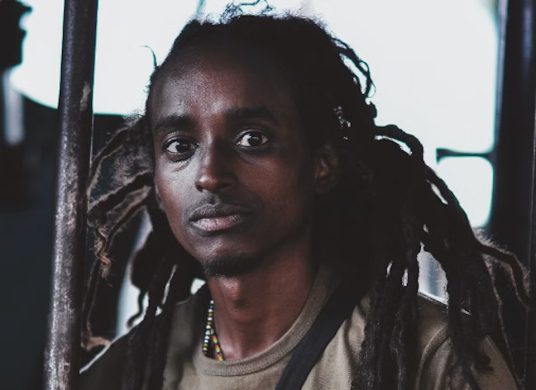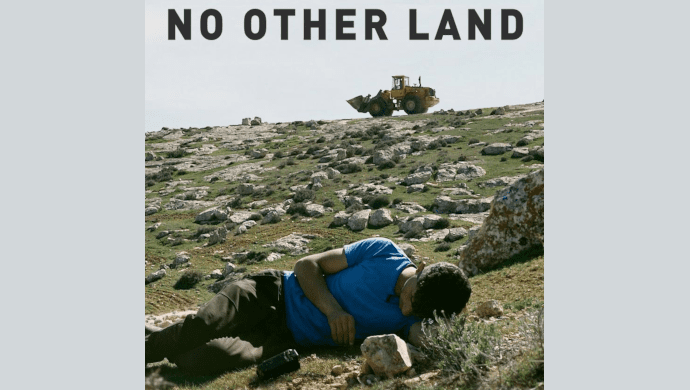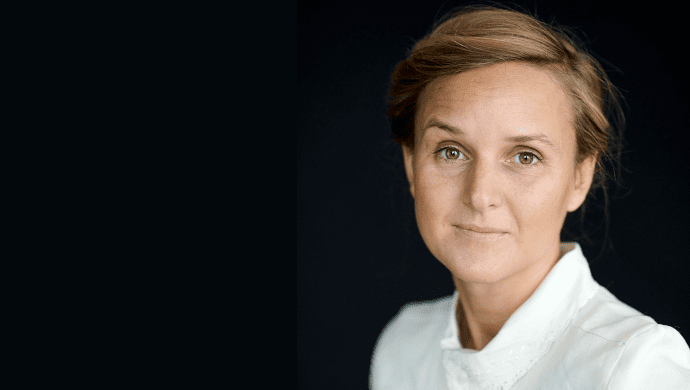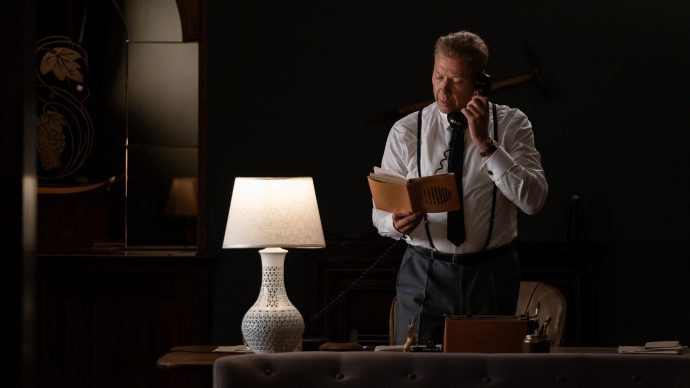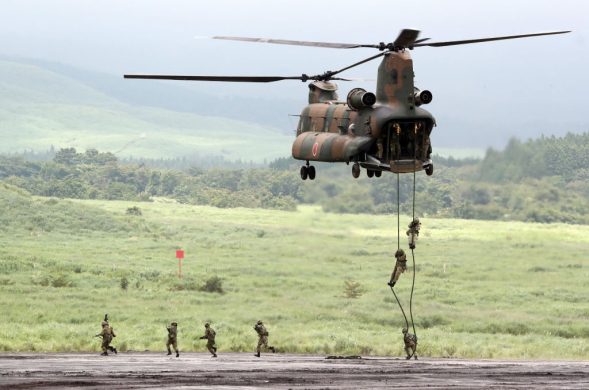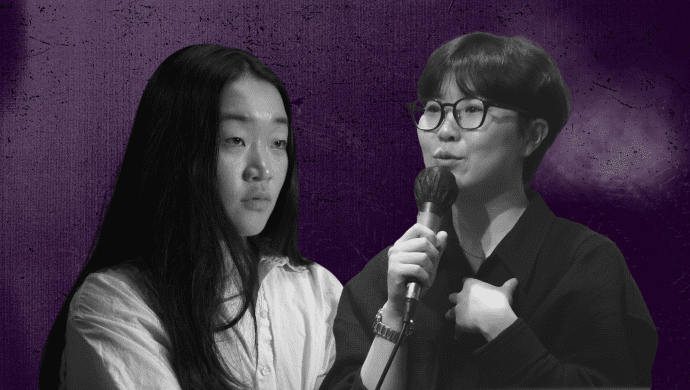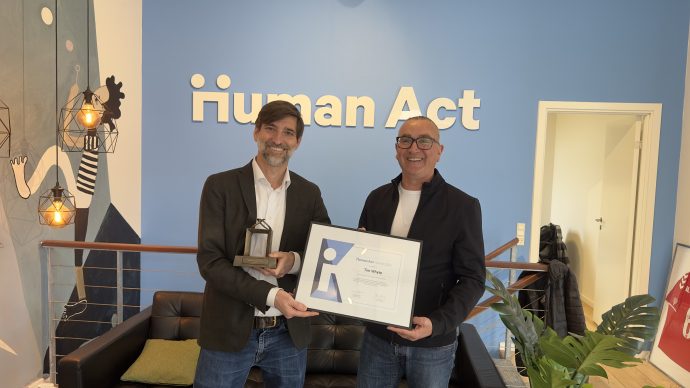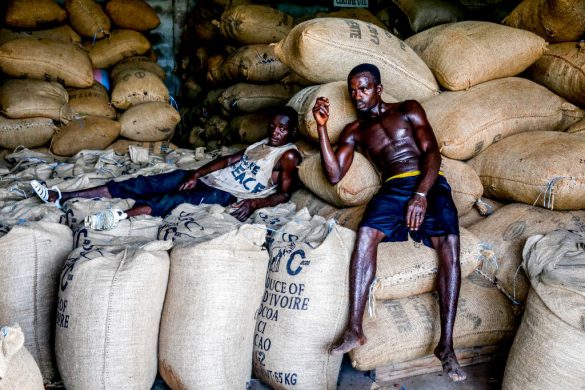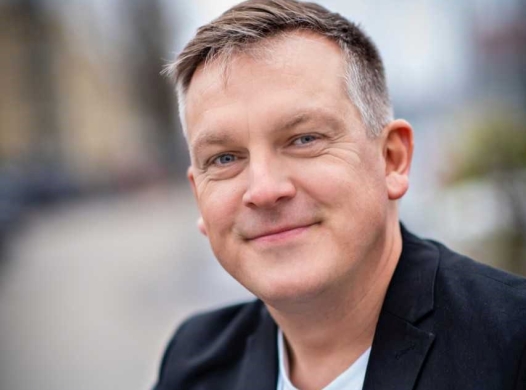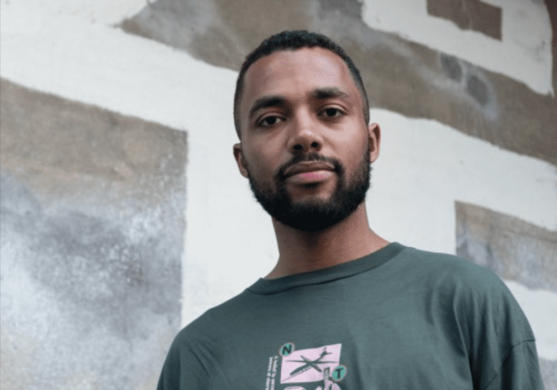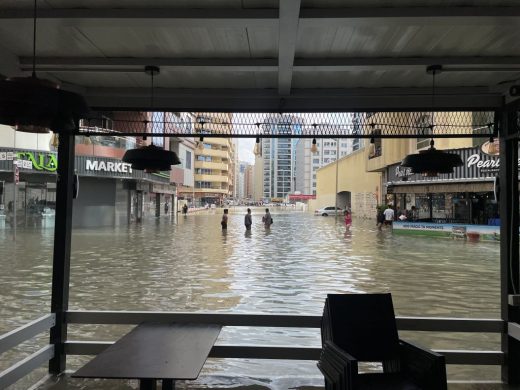Den nyligt indgåede aftale indeholder fem punkter. Bl.a. skal præsidentgarden vende tilbage til sine kaserner og forlade de magtposter, den havde overtaget i hovedstaden Ouagadougou.
Samtidig har hæren, som er loyal overfor den indtil nu afsatte overgangsregering, indvilget i at trække sine styrker ud til en radius af 50 km fra hovedstaden og at garantere sikkerheden for dem, der har været involveret i kuppet samt deres familier.
Om det sidste betyder amnesti til kupmagerne er endnu uklart.
Dansk ekspert i analyse
Den danske seniorforsker, Jesper Bjarnesen, fra Nordiska Afrikainstitutet i Uppsala i Sverige, sagde onsdag aften til DR 2, at det kommende valg, der skulle være holdt 11. oktober, er udskudt til 22. november.
Han lagde i sin analyse stor vægt på, at præsidentgarden IKKE er afvæbnet. Og at mange politiske problemer i det vestafrikanske land synes uløste.
Således er det stadig uvist, hvorvidt den forjagede præsident Blaise Compaores politiske støtter får lov at stille op til valget. Denne ret blev ikke tilstået dem af overgangsregeringen, som ville gøre op med den gamle politiske elite.
Aftalen blev fremlagt onsdag af “kongen” af Burkina Fasos store Mossi-stamme, Mogho Naba, foran pressen.
Lettet Kristian Jensen
Udenrigsminister Kristian Jensen (V) er tilfreds med genindsættelsen af den burkinske præsident. Han siger i en udtalelse torsdag:
“Der blev onsdag taget et vigtigt skridt på vejen mod en normalisering af situationen efter militærkuppet i Burkina Faso, da præsident Kafando blev genindsat.
Militærkuppet blev gennemført i en situation, hvor overgangsstyret planmæssigt var ved at forberede præsident- og parlamentsvalg den 11. oktober.
Valgene ville have gjort Burkina Faso til et demokratisk foregangsland i Afrika, efter den folkelige men relativt fredelige opstand i november 2014 mod Burkina Fasos præsident gennem 27 år, Blaise Compaoré.
Burkina Faso er en vigtig samarbejdspartner for Danmark i Vestafrika. Danmark har et langsigtet udviklingssamarbejde, som går tilbage til 1973”. (Danmark har udbetalt en milliard kroner i udviklingsbistand til Burkina alene siden 2012, red.)
Kristian Jensen fortsætter:
“Jeg er tilfreds med genetableringen af forfatningsmæssig orden og genindsættelsen af præsident Kafando. Udviklingen er et afgørende skridt på vejen henimod en normalisering af situationen i landet.
Fra dansk side vil vi fortsat følge situationen tæt, og vi er sammen med EU og resten af det internationale samfund parate til at bistå Burkina Faso.
Jeg opfordrer alle parter til at tage det nødvendige ansvar og søge politiske løsninger gennem dialog i forbindelse med de udfordringer, som Burkina Faso fortsat står overfor. Og til at det kommende demokratiske valg gennemføres så snart det er muligt.”
“Vi er et eksempel for andre”
Michel Kafando’s task was to guide the country to elections in a process seen as a beacon for democratic hopes in Africa at a time when veteran leaders from Rwanda to Congo Republic appear to be maneuvering to scrap term limits to extend their rule, news agencies report.
“If ever there was a transition to be held up as an example, it is indeed ours,” Kafando said in his speech, after supporters chanted “Presi, Presi, Presi”.
“I can assure you that we are determined to carry on with the mission the Burkinabe people have entrusted us with, to build strong institutions and a real democracy,” he said, thanking the international community for condemning the coup.
Strategisk vigtigt land
The presence of the foreign leaders signaled international concern for Burkina Faso, an ally of the United States and France in their battle against Islamist militants linked to al Qaeda in the Sahel region.
Kafando was accompanied by Prime Minister Yacouba Isaac Zida, who was held for days after soldiers stormed a cabinet meeting last Wednesday,
Earlier in the afternoon, presidential guard soldiers maintained their positions at the national television headquarters.
Their presence appeared to violate a deal negotiated with loyalist forces by a traditional leader overnight to return to their barracks.
Loyalist troops, who converged on the capital this week from bases across the country to disarm the coup leaders, were not visible on the streets of Ouagadougou.
Meget endnu ikke sagt (offentligt)
Kafando did not say when elections would take place and the fate of coup-leader Gilbert Diendere and his soldiers remained unclear. Some residents of Ouagadougou said they did not want the former intelligence chief to be allowed to leave the country.
At an emergency summit in Nigeria on Tuesday, West African leaders called upon the presidential guard to disarm and urged the African Union and the international community to refrain from imposing sanctions as they sought to mediate in the crisis.
Life on the streets of Ouagadougou, meanwhile, was largely back to normal following tensions on Tuesday marked by an armed stand-off between pro- and anti-coup forces.
Shops opened and the city’s residents poured onto the streets in a rush to shop for Thursday’s celebration of Tabaski, or Eid al-Adha, the Muslim feast of sacrifice.
“Garden holder os stadig som gidsler”
“I am happy that Kafando is back in power. But nothing is resolved. We are still being held hostage by the RSP (presidential guard). I am also worried about the security situation,” said resident Idrissa Ouedraogo.
Burkinabe rapper and activist Serge Bambara, alias Smockey, slams the idea of an amnesty for the coup leaders in exchange for a return to the transition process for democracy, as put forward in a draft crisis proposal from the Economic Community of West African States (ECOWAS) in an emergency meeting in Abuja, writes Al Jazeera.
“Smockey” was one of the first to condemn the September 16 coup. He is leader of civil society group Le Balais citoyen (“Sweep it out”) and was also in the frontline of October 2014 demonstrations that pushed long-time former president Blaise Compaoré to leave office.
Kupmager var med i lufthavnen
The elite troops installed Gen Gilbert Diendere as the leader last week – a month before elections had been due in the landlocked country.
Diendere greeted arriving African leaders at the airport, along with the army chief of staff, but did not attend the transfer of power ceremony.
The army on Monday had ordered the coup leaders to step down or be ousted by force, raising the spectre of a civil war.
At least 10 people have been killed and more than 100 injured in clashes between the RSP and protesters.
Maud Jullien, BBC Africa, Ouagadougou asks in a report:
Will the presidential guard be disbanded? They led the coup as they were unhappy about being integrated into the regular army
Will members of the former ruling CDP party of ousted ruler Blaise Compaore be able to run in the next election? They had been banned.
Elitesoldaterne et trumfkort
Diendere has faced national and international pressure over the past few days to hand back power, but he still has the most powerful troops in the country behind him.
These 1,200 well-armed and well-trained men are unlikely to accept surrender or the exclusion of the CDP candidates.
Meanwhile, the civil society and protesters say they will not accept amnesty for those that led the coup.
Earlier on Wednesday, Mr Kafando said he was not fully committed to the plan.
“Regarding the Ecowas proposals for a solution to the crisis, it is obvious that we will only commit to them if they take into account the will of the Burkinabes.”
He had been detained during a cabinet meeting last Wednesday.
En Burkina-ekspert analyserer
Commentator Cristiano Lanzano states according to the Nordic Africa Institute in Sweden:
The issue of the role of the armed forces in the “new” Burkina Faso lingers unresolved since last October’s uprising and change of regime.
The destiny of the Régiment de Sécurité Présidentielle (RSP), the elite presidential guard created by former president Blaise Compaoré and considered to be a feud for the nostalgic of his regime, has been at the center of heated debate.
Its dismantlement has been reclaimed not only by young activists and civil society organizations, but also by the Commission for National Reconciliation and Reforms, formed by the government to work on drafts of constitutional reforms for the future democratic structure of the country.
The transitional government has always tried to handle the issue cautiously, probably fearing a violent reaction of the sort we are seeing now.
Ministerpræsidentens overraskende fortid
The path of prime minister Isaac Zida symbolizes the complexities of the civilian-military nexus.
Former number two of RSP, he took control of the situation right after Compaoré’s resignation last October, but surprised all observers for his strong stance opposing the previous regime – and gained some consensus among demonstrators.
Once he was appointed prime minister (at the end of November, after power was returned to civilians), conflicts with his former comrades in arms started.
Reasons were not always clear: the local press evoked fears that the government would dissolve or scale down the RSP, controversies around nominations in the military hierarchy, or pre-existing tensions in the army that the now public role of Zida might have worsened.
So far, president Kafando had been successful in mediating and making some concessions, but apparently the attempts have been ineffective in this case.
Hvem skal kunne stille op til valget?
The incoming deadline of legislative and presidential elections – scheduled for October 11st – also increased political tensions before the coup.
The contested new electoral code approved in April allowed, despite a critical statement from the ECOWAS court of justice, to exclude from the competition many politicians accused of being too close with the previous regime.
The new legislation targets anybody who actively supported the plans of constitutional change through which Blaise Compaoré tried to remain in power.
Its vague formulation – a critical point for the ECOWAS court – was probably aimed at stating a general principle without formally excluding specific political forces.
But the pro-Compaoré front insisted on having its old guard run for the elections, and after the exclusion of a significant part of its candidates called for a boycott of the elections.
Stod det gamle regerende parti bag kuppet?
It is very difficult to tell if the CDP (the former majority party) has been behind the organization of this coup.
But the fact that the military rebels are led by general Gilbert Diendéré, considered Blaise Compaoré’s right-hand man since the beginning of his rule, raises more than a suspect.
Diendéré’s declarations demanding a “more inclusive” process toward the elections seem to confirm that the former people in power, both politicians and military leaders, instead of planning a stable return to the past, might simply be trying to obtain a stronger position in the negotiations.
A bold and probably ill-thought-out move whose results are yet to be determined.
Links to other sources of information:
Transition chart:
http://www.rfi.fr/afrique/20141114-burkina-faso-consensus-transition-ete-trouve-isaac-zida-cnt
Portrait of Gilbert Diendéré:
http://www.jeuneafrique.com/138808/politique/arm-e-burkinab-gilbert-diend-r-la-discr-tion-assur-e/
International Crisis Group report, January 2015
http://www.crisisgroup.org/en/regions/africa/west-africa/burkina-faso/222-burkina-faso-nine-months-to-complete-the-transition.aspx
Electoral Code approved in April:
http://www.ceni.bf/sites/default/files/Code_%C3%A9lectoral_BF-Version_21.05.2015.pdf
Statement from ECOWAS Court of Justice about Electoral Code:
Kilder: BBC, Al Jazeera, nyhedsbureauer, Nordiska Afrikainstitutet, DR2.


